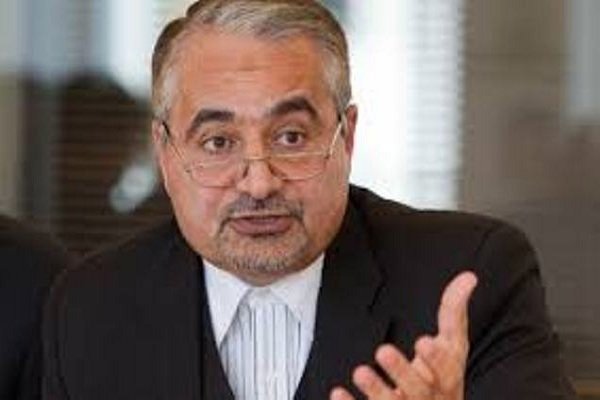Former Iranian nuclear negotiator warns Israeli aggression could push Iran toward developing nukes

TEHRAN - A former Iranian nuclear negotiator has warned that continued Israeli military aggression and failed diplomacy from the United States may drive Iran closer to pursuing nuclear weapons as a means of deterrence.
In an interview with CNN, Seyed Hossein Mousavian argued that Tehran was not originally intending to develop nuclear weapons. However, he said that recent attacks and mounting pressure from Israel has reinforced the belief that a nuclear deterrence may be the only way to ensure national security.
Mousavain emphasized that Iran has historically maintained transparency in its nuclear activities and has allowed extensive inspections by the International Atomic Energy Agency (IAEA). He contrasted this with Israel’s stance, noting that Israel possesses an undeclared arsenal of 100 to 400 nuclear weapons and is not a signatory to the Nuclear Non-Proliferation Treaty (NPT), unlike Iran.
Elsewhere in his remarks, Mousavian criticized military threats against Iran’s nuclear facilities, particularly the underground Fordow plant, as ineffective and illegal under international law. According to him, while airstrikes might delay Iran’s nuclear program for a limited period, they cannot eliminate the technical expertise or knowledge behind it.
Mousavian blamed the current situation on the Trump administration’s decision to unilaterally exit the Joint Comprehensive Plan of Action (JCPOA) in 2018, which dismantled what he described as a working diplomatic framework.
Under the JCPOA, Iran had agreed to limit its enrichment activities and undergo the most rigorous inspection regime in the history of nuclear non-proliferation. After the U.S. withdrawal and subsequent expanding sanctions, Iran expanded its nuclear capabilities, reducing its breakout time to just a few weeks.
Mousavian then argued that this shift in policy has, without intention, taught Iran that even complete cooperation with international nuclear authorities does not prevent sanctions or military threats. Consequently, it sends a message to Iran that nuclear armament might be the only viable path to deterrence and survival in the face of external aggression.
On the day of the interview, European foreign ministers held talks in Geneva with Iran’s Foreign Minister Seyed Abbas Araghchi.
In that regard, Mousavian outlined a potential diplomatic solution that includes both short-term and long-term measures. In the short term, he recommended a return to earlier agreements in which Iran would ensure full transparency, convert or export its stockpile of 60% enriched uranium, and reduce enrichment to below 5% to ensure peaceful purposes. In the long term, he proposed a multilateral regional enrichment consortium involving Iran and [other] Persian Gulf states, aimed at providing a permanent and peaceful framework for uranium enrichment across the region.
Mousavian concluded that continued hostility, military strikes, and diplomatic isolation, particularly influenced by Israeli strikes, will likely push Iran toward weaponization, a scenario that he believes could still be avoided through comprehensive diplomacy.
AM
Leave a Comment